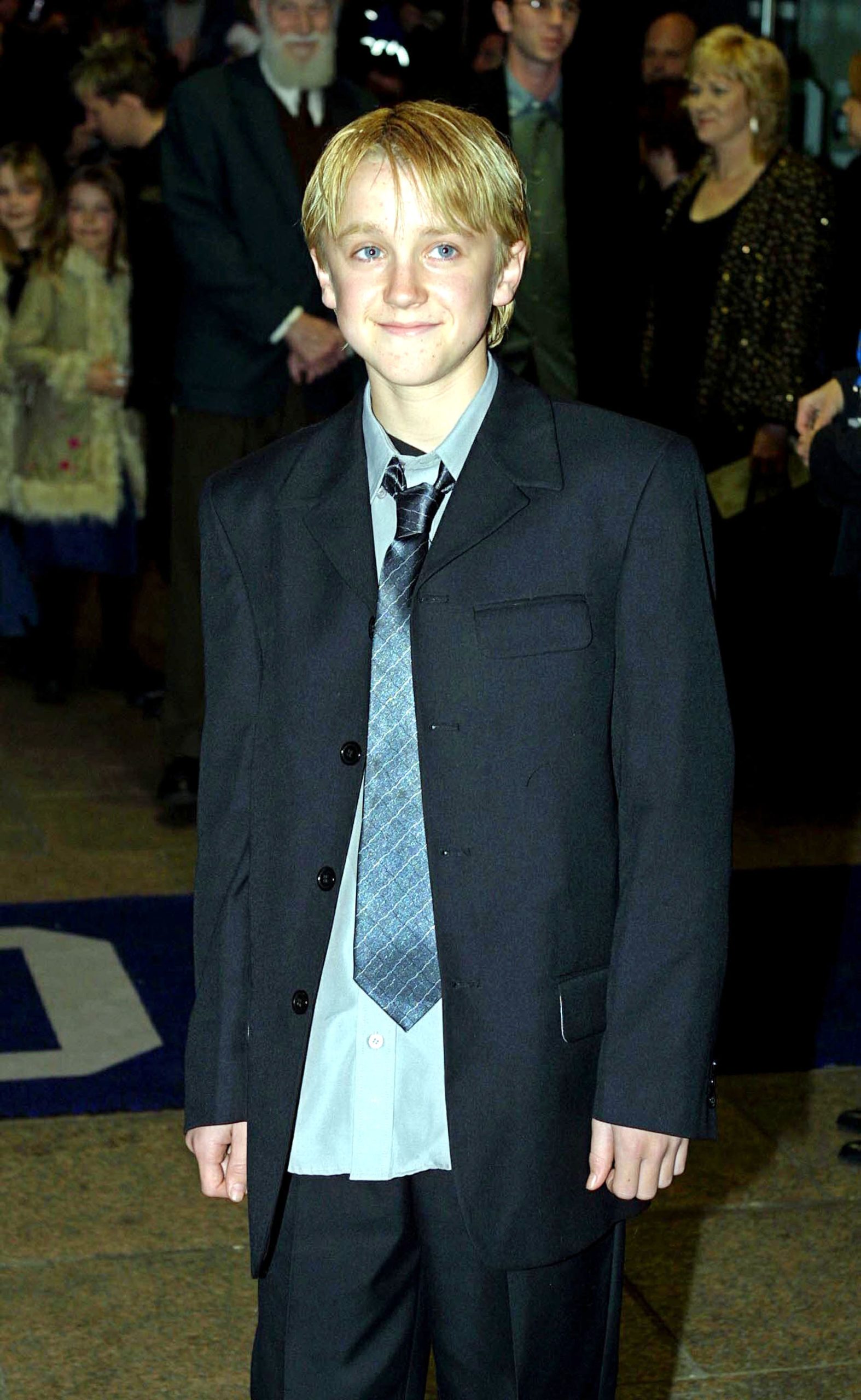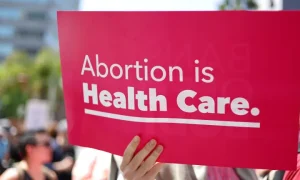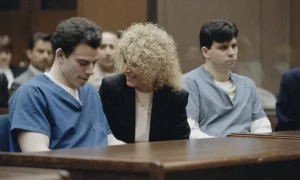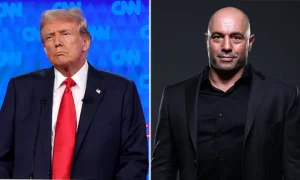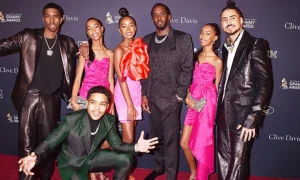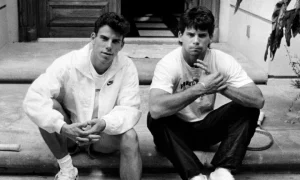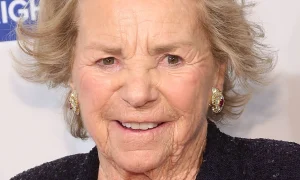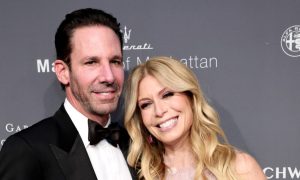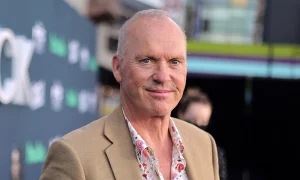Fans are divided after finding out that an actor from “Harry Potter” paid a substantial amount for a cameo. The famous person has since revealed how they used the money.
When it was revealed that a movie star had allegedly received $18.7 million for just 31 minutes of on-screen time, several moviegoers became enraged. In response, other commenters say he “deserves every penny.”
His most well-known character was Draco Malfoy, a figure he appeared in all eight of the “Harry Potter” films albeit only for brief moments. Despite being one of the primary protagonists, he was on screen for a little over half an hour overall, which is less than most Netflix episodes. Nevertheless, his role in the “Harry Potter” story was crucial.

Throughout the course of the series, Daniel Radcliffe, Emma Watson, and Rupert Grint all received significantly greater screen time than he did (539 minutes, 205 minutes, and 211 minutes, respectively). Surprisingly, it was even shorter than Hagrid’s, who completed in a creditable 45 minutes and 45 seconds.

The actor’s scant appearance in each of the eight “Harry Potter” movie shocked fans. It was only thirty-one minutes long, which shocked some people who expected his character had a larger role. Others called attention to the concessions he made, such as frequently whitening his hair and avoiding the sun, in exchange for such a fleeting on-screen presence.
The English actor so made a good salary even though he only made an appearance in less than three percent of the entire series. At the age of just 13, the actress began filming “Harry Potter and the Philosopher’s Stone.”
Given that most children his age are only familiar with the money in their piggy banks, it isn’t all that surprising that the then-teenager wasn’t exactly the most shrewd with his newfound windfall.
The actor revealed in an interview that he went through a phase of financial irresponsibility once the films were finished. He declared, “I bought a lot of cheap stuff that kids buy, like clothes, skateboards, and typical teenage stuff.”
He went on, “And as soon as I could, I wasted a lot of money on cars for myself and my family, mostly BMWs.” My mother told me, “You have worked hard for what you want, so go for it, but beware—you will lose money on cars.” She was also right.
The actor once had an encounter with the tax collector. The movie star’s run-in with the tax authorities served as a sobering wake-up call.
Despite his parents’ best attempts to guide him, he struggled to manage the responsibilities that came with his unexpected income, such as taxes, VAT, and mortgages—things that a typical 16-year-old wouldn’t grasp. As a result, he had a challenging two years during which he encountered serious financial issues and had little to show for his years of labor save debt.
Once, a bailiff showed up at his residence ready to seize his car, which the singer had the misguided belief was secure because it was fully paid for. Luckily, he was able to hire an accountant to help him organize his accounts.

The “Harry Potter” film series, which debuted between 2001 and 2011, has made an incredible $7.7 billion in revenue, making it the fourth highest-grossing film series of all time.
The actor who received a large wage for having very little on-screen time is Tom Felton. In “Harry Potter and the Sorcerer’s Stone” (2001), he made his big screen debut as Draco Malfoy, Daniel Radcliffe’s schoolboy rival.
Felton admitted that his time on the squad came at a personal expense. In an interview from 2010, he responded, “You will never get those years back and you can’t put a price on them,” when asked about the incident. He disapproved of the notion that fame and wealth could compensate for his lost youth.
Along with sharing a negative view of celebrity, he also stated that he didn’t want to be treated any differently because of his reputation and that, while red carpet events and enthusiastic audiences can be exhilarating, they don’t really reflect reality.
Felton also acknowledged that many people had assumed that the “Harry Potter” cast would cry at the conclusion of the series. In his last moments on set, Felton conveyed a mix of joy and sorrow, while some of his co-stars, including Radcliffe and Grint, started crying.
During the television series’ filming, he felt restricted from pursuing other projects and fundamental personal liberties, such as keeping his natural hair color or going outside.
He was relieved that at last he could enjoy a vacation without having to take the usual precautions, like covering up with sunscreen and avoiding the sun.
Felton admitted that the experience had quickly matured him, even if he insisted he had no regrets about being in the movies. Many on social media have expressed disapproval of his high income in their comments.

“These guys get ridiculous wages. First responders are paid very little for the work they do! Additionally, veterans hardly ever receive help, a Facebook user commented.
“What do I have to do to earn £14 million for 31 minutes of work?” inquired another person. In just thirty-one minutes? someone asked. His father will be informed of that.
“As we all know, thirty-one minutes of work is not thirty-one minutes of film,” another individual remarked. The 31 minutes might have taken months to complete. The floor edits make up the final thirty-one minutes of the film.
“31 minutes in movies are months on the set,” was said by another online user. Another person noted, “It was weeks of work, plus he’d had several previous credits that would contribute to a higher rate.”
However, other people believe Felton is deserving of his pay. One person said, “[He’s] a really nice guy fame did not go to his head at all, he deserves every penny.”
Another individual added, “[…] He is well remembered, shows what a good performance it was.” Worth every dime,” one person remarked, expressing agreement with another’s sentiments, “And he was worth EVERY cent.”

Throughout the “Harry Potter” series, Tom Felton was forced to make both tremendous personal sacrifices and amazing opportunities. Despite all the challenges, he is grateful for the experience that shaped his early years.

